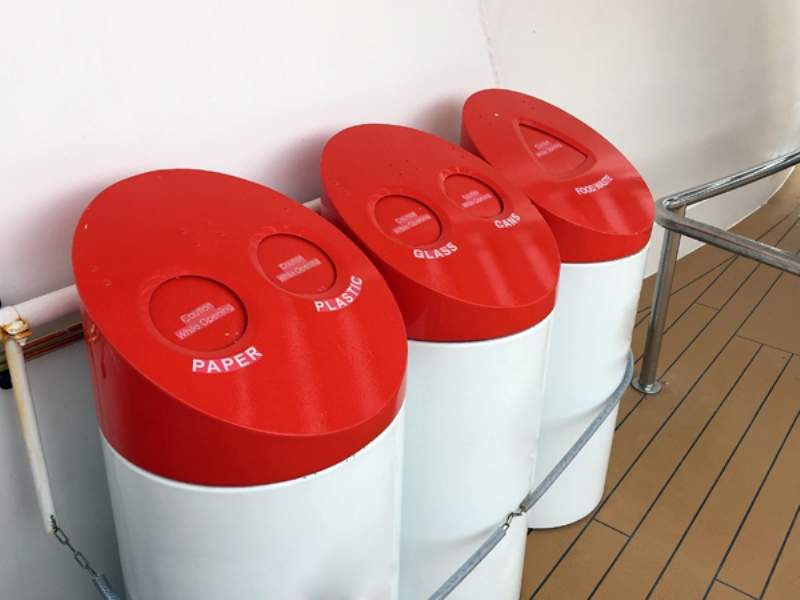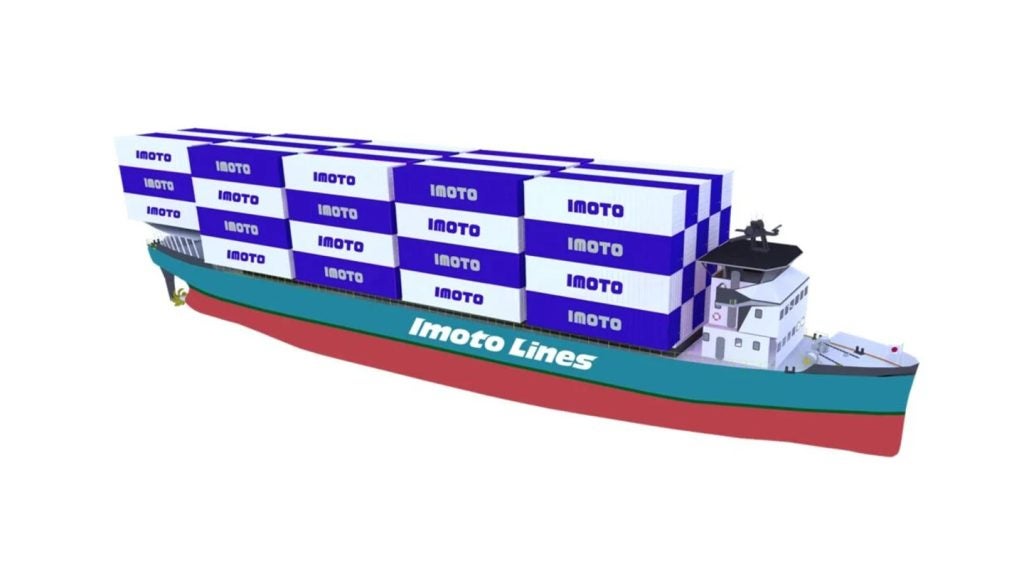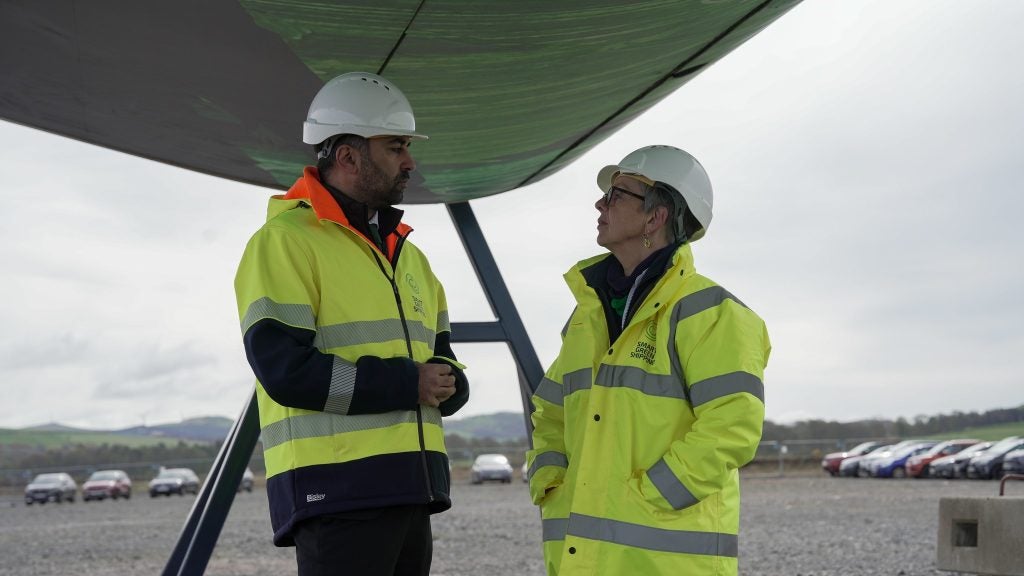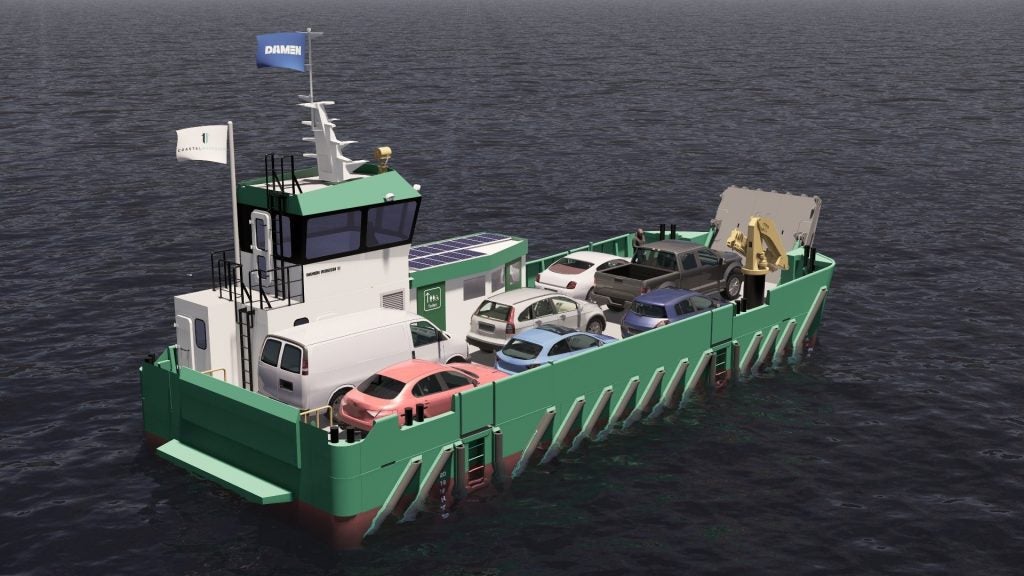
A new set of amendments requiring the ships to collect data on their fuel oil consumption entered force on 1 March.
They are part of the International Convention for the Prevention of Pollution from Ships (MARPOL), which was adopted on 2 November 1973 by the International Maritime Organisation (IMO).
The newly enforced amendments are primarily aimed at improving the energy efficiency of international shipping and were adopted by IMO’s Marine Environment Protection Committee (MEPC) in 2016.
They were adopted through amendments made to chapter four of Annex VI of MARPOL.
As part of the new Regulation 22A on collection and reporting of ship fuel oil consumption data, ships weighing 5,000t and above are required to collect consumption data for each type of fuel oil they use, along with other additional, specified data, including proxies for transport work.
These ships are estimated to account for roughly 85% of carbon dioxide (CO2) emissions from the global shipping sector.
How well do you really know your competitors?
Access the most comprehensive Company Profiles on the market, powered by GlobalData. Save hours of research. Gain competitive edge.

Thank you!
Your download email will arrive shortly
Not ready to buy yet? Download a free sample
We are confident about the unique quality of our Company Profiles. However, we want you to make the most beneficial decision for your business, so we offer a free sample that you can download by submitting the below form
By GlobalDataThe collected data will be reported to the flag state after the end of each calendar year, which will then take necessary actions to issue a Statement of Compliance to the ship.
Flag States will be mandated to transfer the submitted data to an IMO Ship Fuel Oil Consumption Database, while IMO will produce an annual report to the MEPC after summarising the data collected.
The amendments require the Ship Energy Efficiency Management Plan (SEEMP) to include a description of the methodology and processes used to collect as well as report the data to the ship’s flag state on or before 31 December.
Other amendments to MARPOL have also entered force, including the classification of garbage, as well as the addition of a new category of ‘e-waste’, and amendments to the International Oil Pollution Prevention Certificate.






